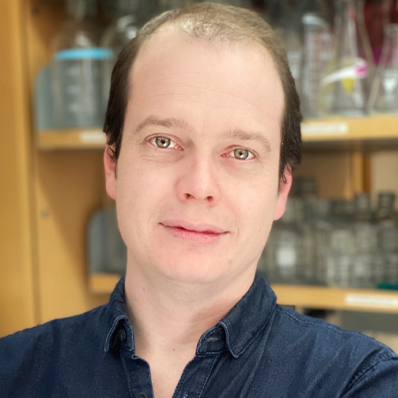Aziz-Zadeh, Lisa
Associate Professor of Occupational Science, Psychology and Neurology
The Center for the Neuroscience of Embodied CognitionWe explore how rudimentary sensory-motor areas may be intrinsically involved in processing aspects of higher cognition such as language, thought, emotions, empathy, and social communication. We study both typical populations and autism, using MRI and behavioral studies, also integrating microbiome research.
Baker, Laura A.
Gene-environment interplay in human behavior, including personality, cognitive and social development. Rich datasets from longitudinal twin study of risk factors for externalizing behavior problems available for analysis.
Barakat, Rita
Assistant Professor (Teaching) of Biological Sciences
My current research focuses on exploring the link between executive functioning and language, testing the "Bilingual Advantage" hypothesis using a computer-based version of the Stroop Task. My primary role within NGP and at USC is to teach undergraduate and graduate courses in neuroscience, cell biology and physiology, as well as provide curricular supportand advise graduate students. I am also the chair of the NGP Diversity Committee and participate in/ lead several DEI-focused initiatives at USC.
Benayoun, Berenice
Associate Professor of Gerontology, Biological Sciences and Cancer Biology
My lab has been excited to explore understudied influences (specifically biological sex and reproductive status) on gene regulation across key biological systems including the aging brain, with a special interest for innate immunity (e.g. neutrophils, macrophages, microglia), and how these inputs lastingly influence vertebrate health. Sex-dimorphic processes can have a major and lasting influence on somatic health, yet, this exciting question is still dramatically understudied, with few studies looking at the influence of biological sex as a focal point of interest, thus ignoring a major contributor to health disparities in human populations.
Bonaguidi, Michael
Associate Professor of Stem Cell and Regenerative Medicine
Cognitive impairment (CI) is a burdensome neurological condition that occurs during aging, Alzheimer’s disease (AD), and is a common co-morbidity in many neurodegenerative diseases, including epilepsy. Unfortunately, CI prevalence continues to accelerate due to population aging and emerging therapies only slows CI by a few months. Our research seeks to develop regenerative medicine and provide longer-lasting benefits to CI through brain restoration. We are establishing endogenous brain regeneration as a therapeutic approach for CI in pre-clinical animals and people by (1) investigating neural stem cell behavior in aging, AD and epilepsy, (2) developing computational/AI drug discovery tools for precision medicine to treat CI, and (3) partnering with physicians for human research and clinical trials to translate our findings.
Borner, Tito
Assistant Professor of Biological Sciences
The whole of his research career focuses on deepening our understanding of how nerve cells control food intake under both normal physiological conditions and when conditions go awry, such as when disease sets in. His overarching research goal is to investigate and identify the components and pathways within the central nervous system that mediate anorexia (loss of appetite), nausea, vomiting (emesis), and weight loss in pre-clinical models. This exploration focuses on understanding how these symptoms manifests after various diseases and, importantly, how they can be prevented, which special emphasis on chronic conditions such as cancer and diabetes.









